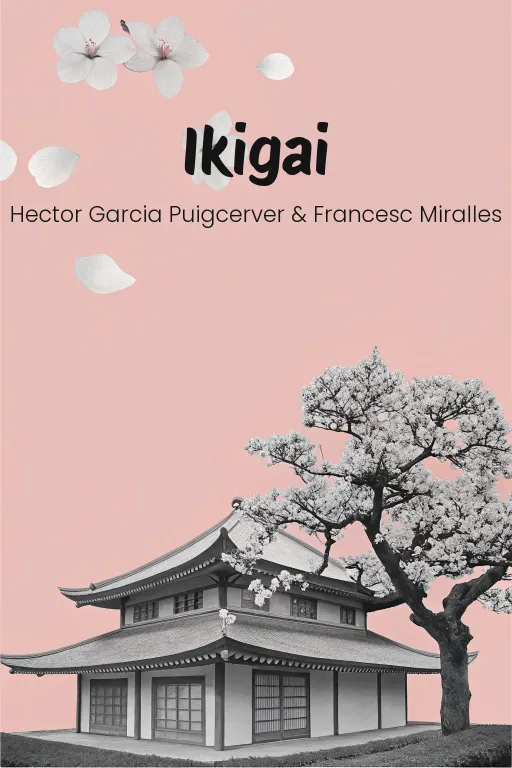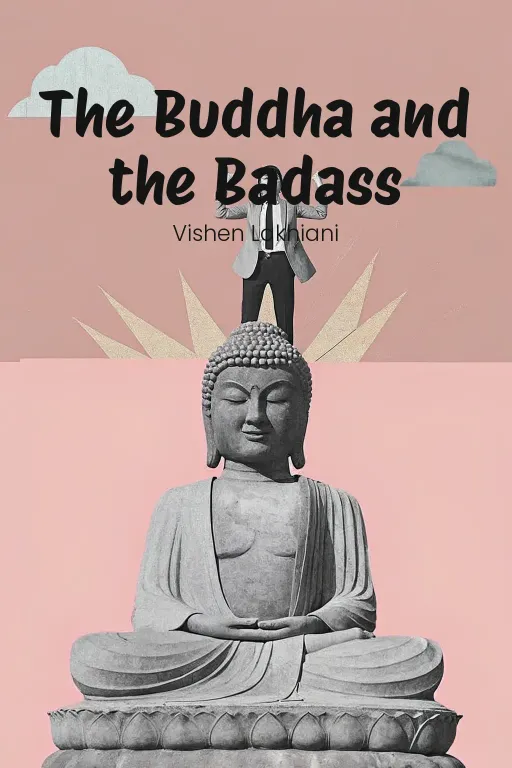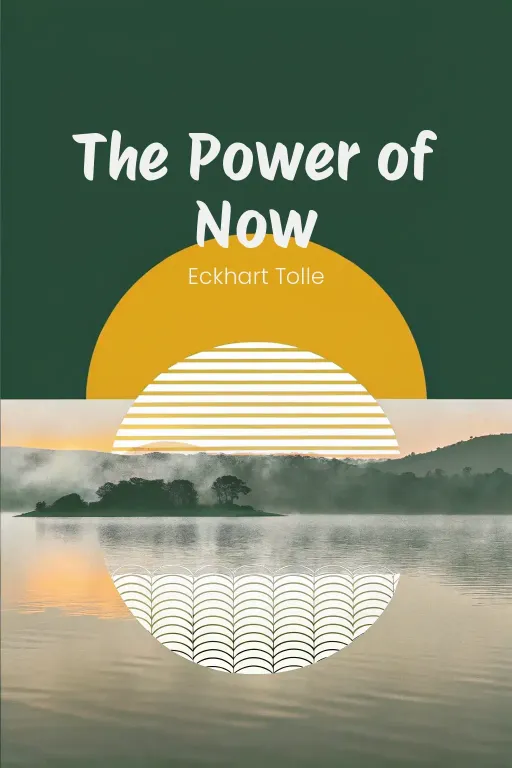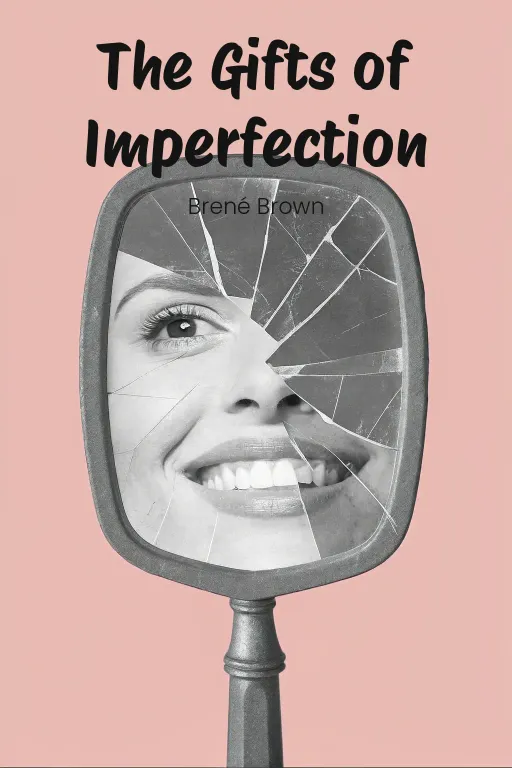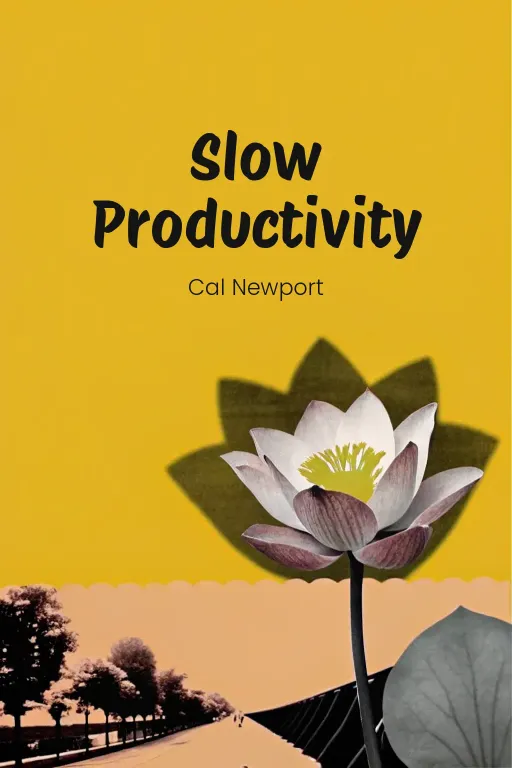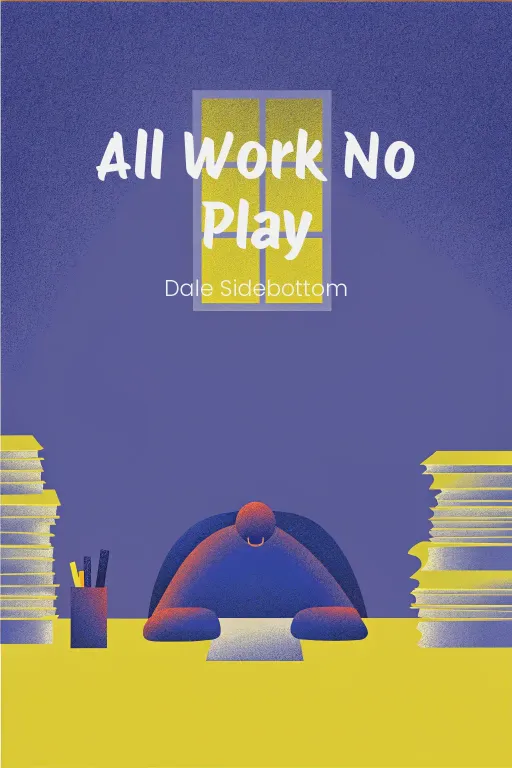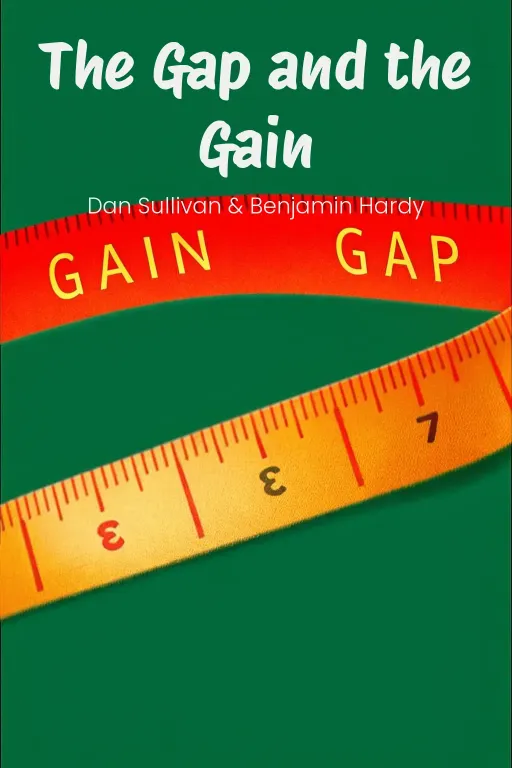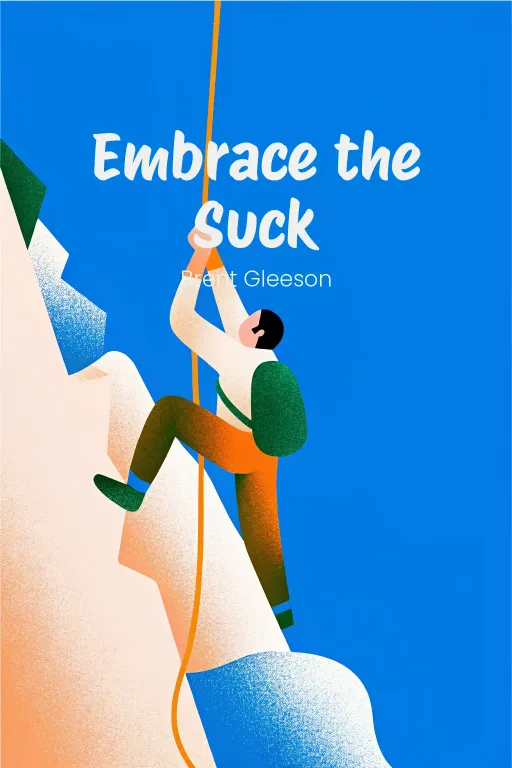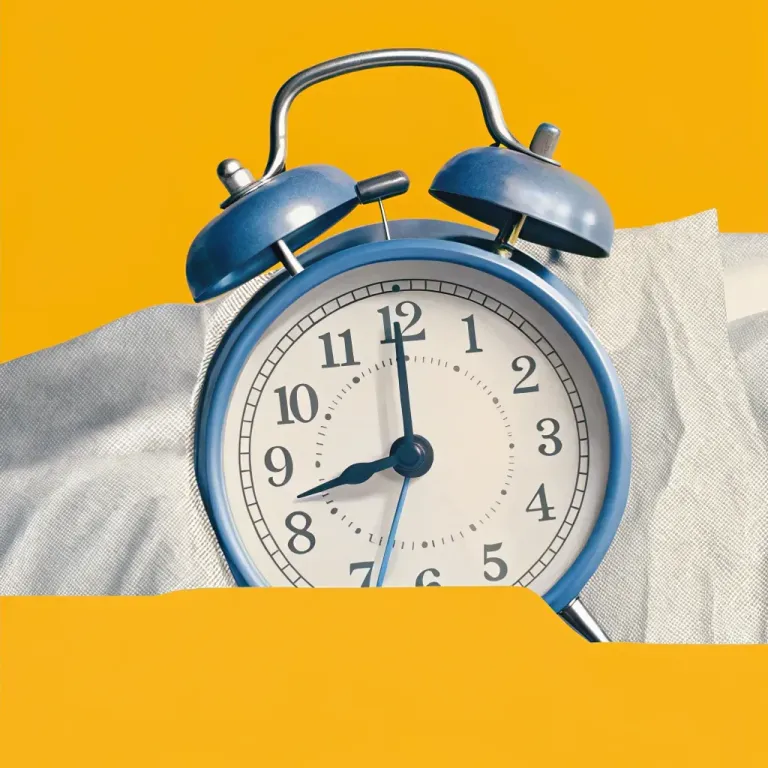
Recess Reboot: Joyful Focus, Found!
Podcast by The Mindful Minute with Autumn and Rachel
A Surprising Guide to Feeling More Mindful, Grateful and Cheerful
Recess Reboot: Joyful Focus, Found!
Part 1
Autumn: Hey everyone, welcome back! So, here's a question to kick things off: When was the last time you genuinely let loose and just “played”? Not to achieve something or win, but purely for the fun of it? Rachel: Hmm, does organizing my inbox using only movie quotes count as play? Autumn: Clever, Rachel, but I'm gonna have to say no. Today, we're diving into All Work No Play by Dale Sidebottom. The book basically says that play isn't just for kids; it's actually a secret weapon for our health, happiness, and even mindfulness. Rachel: Play and mindfulness? That sounds like a wild combination – almost like a circus meets a meditation retreat. I'm… definitely intrigued by where this is going. Autumn: Exactly! The book looks at how being playful and really present can dramatically change how we feel and connect with people. And Sidebottom doesn't just talk about it; he gives you real tools, like the "Daily PEGG" framework – that's Play, Exercise, Gratitude, and Giving – to help you make it a habit. Rachel: So, we're not just playing—we're also exercising and expressing gratitude? Now that's the kind of multitasking I can actually get behind Autumn: Today, we’re going to unpack three big ideas from the book. First, we'll explore the idea of mindfulness - it’s about being present in the moment, not striving for perfection. Second, we'll look at the power of play: how it helps unlock your inner creative genius. And third, we'll discuss how combining playfulness with mindfulness can lead to a more joyful and connected life. Rachel: It sounds like a fun prescription, but I’ll admit, I'm always a little skeptical about how supposed “serious adults” can fit all this in. Autumn: Well, don’t worry, Rachel. I think by the end of our discussion, even the busiest people might just be ready to hit pause on stress and press play on life.
The Interplay of Mindfulness and Play
Part 2
Autumn: Okay, Rachel, let’s dive in. We're talking about mindfulness and play today… two things that might seem totally unrelated. But according to Dale Sidebottom, they're actually deeply connected. Rachel: Right. Let’s break it down. Mindfulness… to me, it's like trying to keep your brain from going a million miles an hour. How does Sidebottom actually define it? Autumn: Basically, mindfulness is about being completely present, right here, right now. Focusing all your attention on where you are, what you’re doing, and how you feel, but without any judgment. It’s about noticing the little things—a nice breeze, the smell of coffee—without letting your thoughts run wild. Rachel: So, mindfulness is noticing stuff, you know, actively, but not judging it? Autumn: Exactly. And it's powerful because it snaps you out of your usual autopilot mode. Now, play – Sidebottom sees it as anything that “really” immerses you, bringing in creativity, spontaneity, and joy. That could be a basketball game, some silly improv, or just painting for the sheer fun of it. Rachel: Okay, I see the connection. Play is like that energetic, fun friend who yanks mindfulness – the calm, serious one – out for a good time. Autumn: Perfect analogy! Mindfulness is about consciously being present, but play just makes it happen, almost effortlessly. When you’re “really” enjoying yourself, building a sandcastle or whatever, you’re automatically in the moment. No need for serious meditation. Rachel: Right, play becomes mindfulness in disguise. Got it. But how do they “really” connect? How do you mix focus with pure fun? Autumn: That’s where “flow” comes in – a concept from psychologist Mihaly Csikszentmihalyi. Flow is that magical state where you're so absorbed in something that you lose all track of time. Rachel: You mean like when you binge-watch a TV show and suddenly it’s 2 AM? Autumn: Sort of, but flow is more active. You lose time because you’re totally engaged in something that challenges you and excites you. It combines that sharp awareness from mindfulness with the carefree nature of play. Rachel: Okay, flow is the love child of mindfulness and play. Does Sidebottom offer any real-world examples of this in action? Autumn: Definitely. There's one story in the book that “really” stuck with me. Imagine a group trekking to Machu Picchu. Initially, they're anxious, skeptical – it’s a tough hike, and they’re strangers. Then, someone suggests a game called ‘Evolution.’ Rachel: "Evolution"? Is that like "survival of the fittest"? Sounds a bit intense for team bonding. Autumn: Not at all. It's a fun, silly game where you act out evolutionary stages—amoeba, chicken, whatever. Suddenly, these strangers were laughing and connecting. The game totally broke down any cultural or language barriers, making everyone present and united. Rachel: So, a simple game turned a hard trek into a comedy routine. That's pretty cool. Autumn: Exactly! Playing helped them forget their inhibitions, stay in the moment, and connect—mindfully and joyfully. It showed that play can be a shortcut to mindfulness, especially when you’re with other people. Rachel: I get it now. But how does a regular, busy adult actually make this work day to day? Autumn: Sidebottom suggests starting with activities that create flow naturally—things that grab your attention. Whether it’s dancing, painting, or just going for a walk, the key is to focus with curiosity and joy. Rachel: So, stop just ticking things off a list. Instead of "painting because I have to use up these lemons," it's "painting because it feels good to paint.” Autumn: Precisely. Another idea is to add playfulness to everyday stuff. Like, turning your walk to the coffee shop into a game—only stepping on certain colored tiles. Rachel: Are we going for joy, or just accidental lawsuits? Autumn: Good point, but these little playful moments can break up the routine and bring you back to the present. And then there’s social play. Even something simple like games with friends, or joking around can strengthen bonds and keep everyone in the moment. Rachel: Social play… so, making jokes with coworkers on Slack counts? Autumn: Absolutely. The point is to be engaged and share the moment. Structured games, like board games, are great because they naturally require focus and thought. But you can also do freeform stuff, like storytelling or improv, to spark some creativity. Rachel: So, options for both the rule-followers and the free spirits. Good range. Autumn: Exactly. And by mixing it up—structured play, social play, spontaneous play—you keep things fresh while exploring all the different ways to be mindfully engaged. Rachel: I gotta say, "playful mindfulness" is starting to sound… kind of brilliant. It's like hacking mental wellness by rediscovering recess. Autumn: That’s “really” what it is. Mindfulness brings calm and clarity, while play adds energy and curiosity. Together, they don’t just balance things, they create something even better than the pieces on their own.
Conclusion
Part 3
Autumn: So, there you have it. Mindfulness and play—they're not as different as we thought, are they? They’re actually deeply connected when it comes to building a joyful and balanced life. Mindfulness helps us stay present, and play? Well, play just makes being present feel effortless and fun, right? Rachel: Right. And when you combine the two, you get flow, don't you? That state where time just disappears, your creativity spikes, and connections happen so naturally. Who knew that what we needed all along was just recess—the ultimate life hack for adults? Autumn: Exactly! And Sidebottom points out that adding play into your life doesn't mean you have to completely change everything. It's really about spotting those little moments of joy that we can all access, even small pockets of fun—whether it's through a silly game, a really mindful walk, or diving into a creative hobby. Rachel: So, if I’m hearing you right, the big takeaway here is this: if you want to bring more presence and just plain happiness into your day, remember to loosen up a bit, laugh, and let yourself play? Autumn: Precisely, Rachel. Let's make a point of prioritizing a bit more fun, not just for our own sake, but so we can live more mindfully and fully. Rachel: Alright, you've sold me. Now, if you'll excuse me, I think I need to go find a game of 'Evolution' to add some joy to my afternoon.

